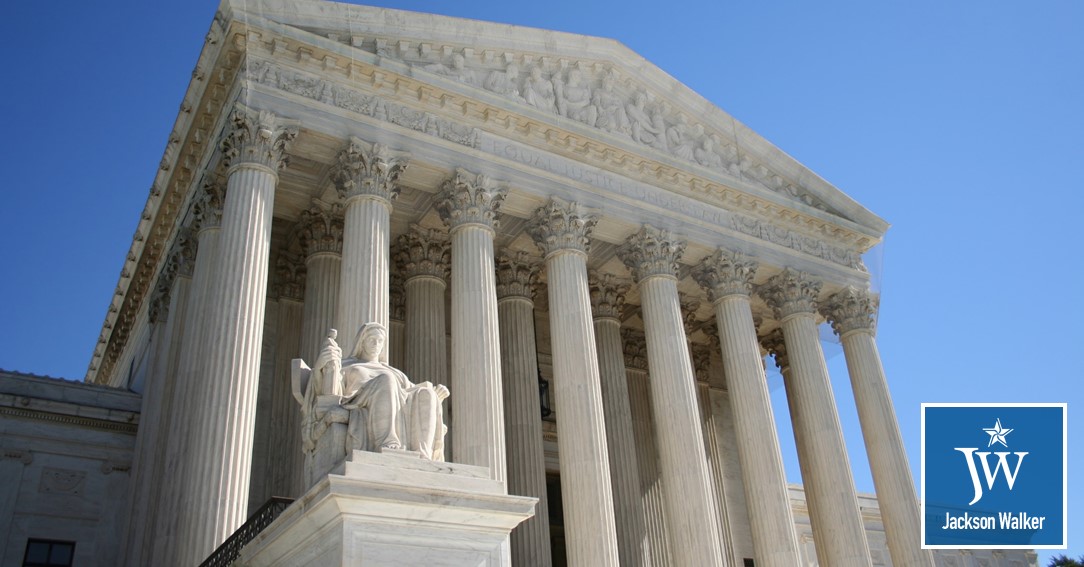Employment & Governmental Investigations
At the heart of most employment litigation cases lies an investigation that preceded the litigation. The employer’s handling of that investigation can be the difference between winning and losing the case. A properly handled investigation also helps avoid litigation by discovering and resolving potential liability before a situation spirals out of control.
Internal investigations have become an essential part of good governance for companies. Our Labor and Employment attorneys help our clients in all aspects of supporting clients through an investigation process. We can conduct investigations, or provide clients with the tools and training they need to conduct internal investigations themselves. We can also preserve our role as litigation counsel, remaining in the background and advising our clients throughout their investigations. We also help our clients retain investigators and partner with those external investigators to ensure the success of the investigation. Whatever investigation approach is taken, we help ensure allegations are investigated quickly and with minimal disruption while seeing to it that investigations are thorough, tailored to the client, and cost-effective.
In the case of a governmental investigation, for example by the EEOC or the DOL, the employer has little ability to determine the strategy for the investigation. The employer needs to make certain it understands its rights with regard to participation in the investigation to ensure that it fully protects itself. Generally speaking, whether apparent or not, in the case of a governmental investigation an employer has entered the beginning of an adversarial process and should conduct itself accordingly.

June 28, 2022
Insights
U.S. Supreme Court to Decide Standard for DOJ Dismissal of Qui Tam Cases
By Laura M. Kidd Cordova & Jennifer S. Freel
Does the federal government have the authority to dismiss a False Claims Act (FCA) suit after initially declining to intervene? And what standard should courts apply to a government motion to dismiss a whistleblower suit? On June 21, 2022, the Supreme Court granted certiorari in United States, ex rel. Polansky v. Executive Health Resources, Inc., a case examining whether the U.S. Department of Justice – after declining to prosecute a qui tam action – has the authority to dismiss the action, and if so, what standard applies to the motion to dismiss.

September 27, 2021
Attorney News
Jackson Walker Expands Dallas Litigation Section With Addition of Demi Williams
Jackson Walker is pleased to announce the addition of Demi Williams as a senior counsel in the Dallas office. In her practice, Demi focuses on all facets of complex litigation, including sports, media, and entertainment matters, as well as government investigations.

September 8, 2021
Mentions
The Changing Face of Fraud During the Pandemic | D Magazine
“The intersection between COVID-19 relief funds and health care fraud is one of their highest priorities,” Jackson Walker partner Arthur Gollwitzer told D Magazine as the Department of Justice sets out to investigate COVID-19 related fraud.
April 29, 2020
Insights
Pandemic Recovery Funds and Government Enforcement
A vigorous government enforcement effort will likely follow the COVID-19 pandemic recovery efforts set forth in the CARES Act.
October 30, 2018
Insights
Aligning Open Government Ideals With Law Enforcement Provisions
In Texas, our public information act is founded on the proposition that the people are sovereign and entitled to full disclosure of governmental affairs in order to retain control of public institutions.
July 2, 2018
Insights
U.S. Department of Justice Announces National Healthcare Fraud Takedown
601 Criminal Healthcare Fraud Indictments Proves Enforcement Remains a Top Priority for Federal and State Authorities
- Internal investigations and training on human resource matters
- Special inquiries of fraud and misconduct allegations
- Internal audits and forensic investigations
- Internal control issues
- Recovery of property assets taken through illegal schemes
- Development of corporate compliance programs
- Disclosure obligations and requirements
- Whistleblower allegations
- Governmental agency and prosecutorial investigations



















